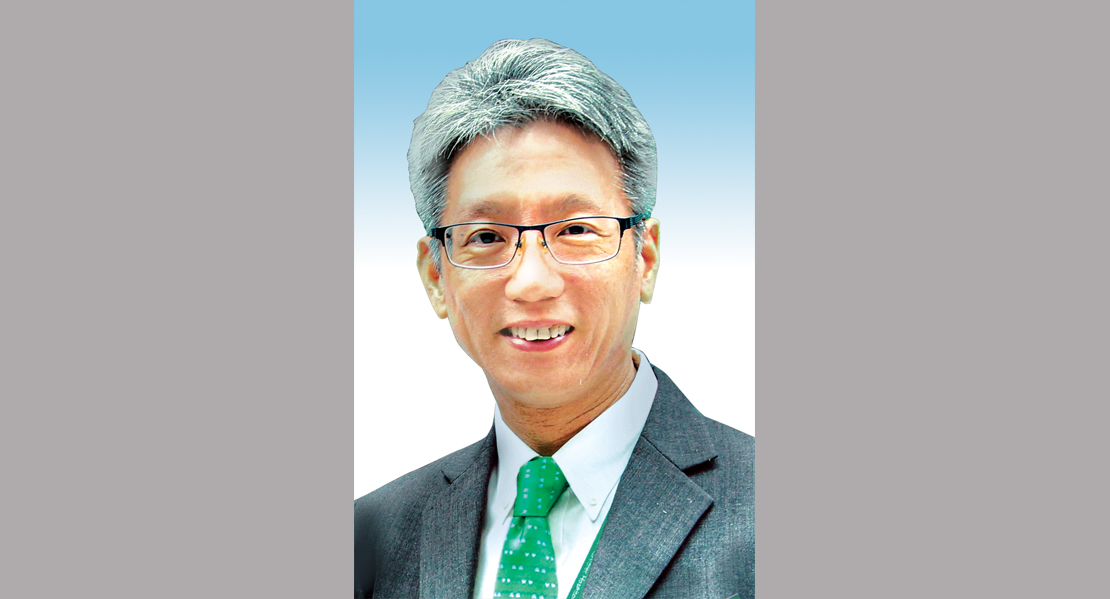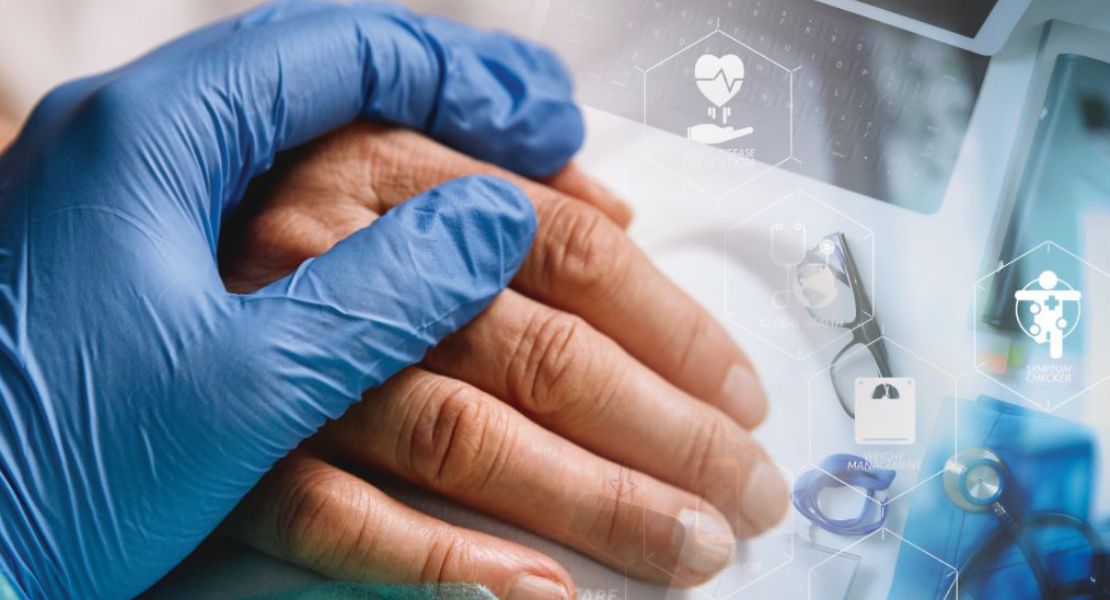Tech Leaves More Time for the Human Touch
Dr Danny Tong Wah-kun | Senior Manager (Nursing) and Principal Nursing Officer, Hospital Authority
Technological breakthroughs in artificial intelligence (AI) and robotics are helping to change things for the better in nursing, says the Hospital Authority’s Senior Manager (Nursing) and Principal Nursing Officer, Dr Danny Tong Wah-kun.
While nurses traditionally have been responsible for monitoring patients around the clock and notifying doctors of changes in their conditions, however slight, advanced technology can now do much of that work in increasingly more accurate and non-invasive ways, even monitoring and recording conditions by the second, he said.
Nurses should not despair of this development. “With technology taking up certain tasks and performing them better, we can free up time and focus on more important things that require a human touch, such as having more quality time with patients to understand their subjective experience and being more attentive to patients’ complaints and needs,” he said.
Technology can also help to address the bottleneck that is growing as Hong Kong’s population ages more rapidly than the healthcare workforce can keep up with. Over the next 20 years, the latest government projections show the number of patients with chronic diseases will increase by 50 per cent.
To address service sustainability, the Hospital Authority (HA) has been formulating strategies to cope with the coming challenges and technology is playing a central role – they are looking into providing smart care and developing smart hospitals. New technologies being piloted include artificial intelligence, robotics, telecare, smart ward and clinic applications, and command centre solutions.
One example of this work that relates to nursing is a project to investigate the use of capnography, which detects carbon dioxide levels to check the position of nasogastric tubes after insertion. Another project is testing out the use of machine learning to determine the probability that a diabetes patient will suffer adverse outcomes within five years, based on demographic, co-morbidity and clinical data.
Dr Tong said smart healthcare also has much potential for prevention, for instance in preventing falls through AI which can rapidly combine multiple factors to predict who is likely at risk of a fall.
On smart hospitals, the HA is working with Tin Shui Wai Hospital, Tseung Kwan O Hospital and Queen Elizabeth Hospital's new acute hospital at Kai Tak on an initiative called Smart Nursing 2.0. The aim is to develop pilot programmes at these facilities to enhance or introduce the use of AI, robotics, telecare, smart ward and clinical applications in hospital care, as well as command centre solutions.
Young nurses and nursing students will have a central role in adopting and promoting nursing informatics, which covers the breadth of technology for nursing, he said. “Their ease with technology and quick learning equips them to help teach colleagues on how to use these applications. However, at the same time, technological competence should not replace or overshadow the fundamental requirement that nurses need good problem-solving skills, resilience, perseverance and compassion. They especially need to be skilled in communicating and interacting with people,” he said.
“Technology cannot replace the human touch that is crucial to good nursing care, but it can help to increase quality time for communicating with patients, with the goal of providing more holistic care.”


